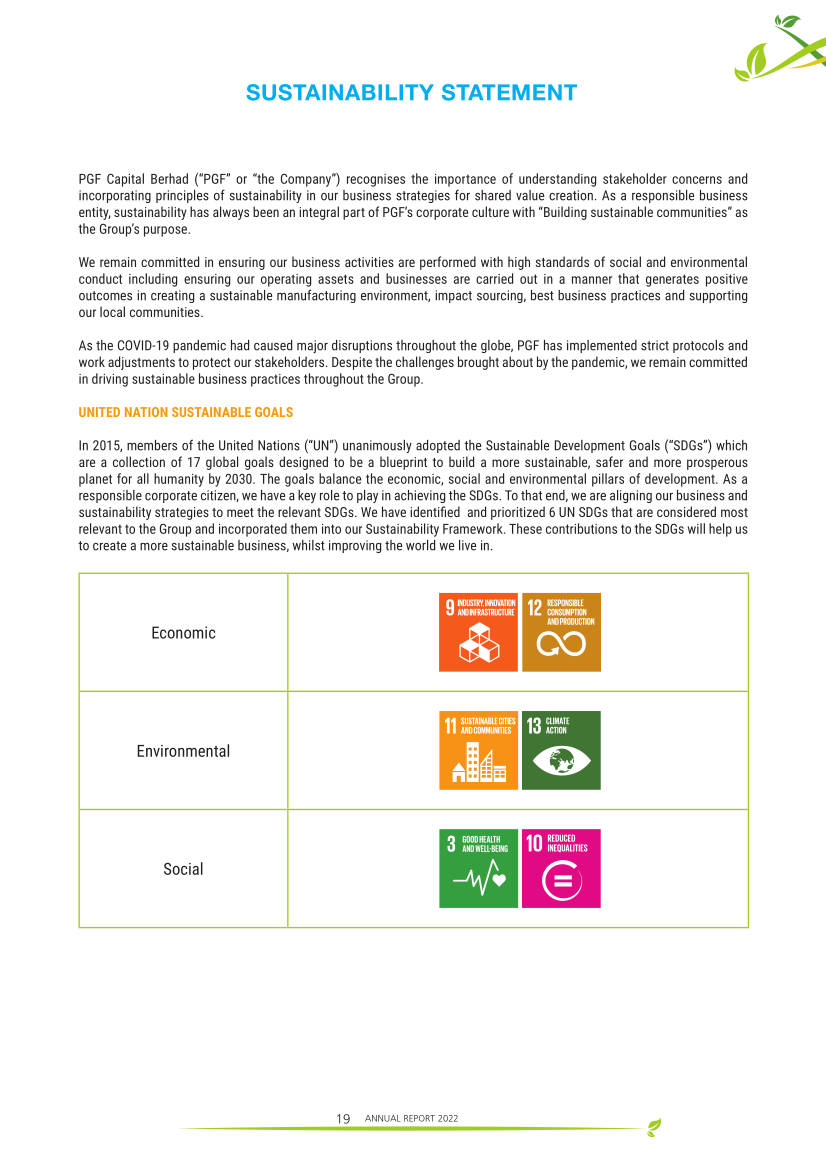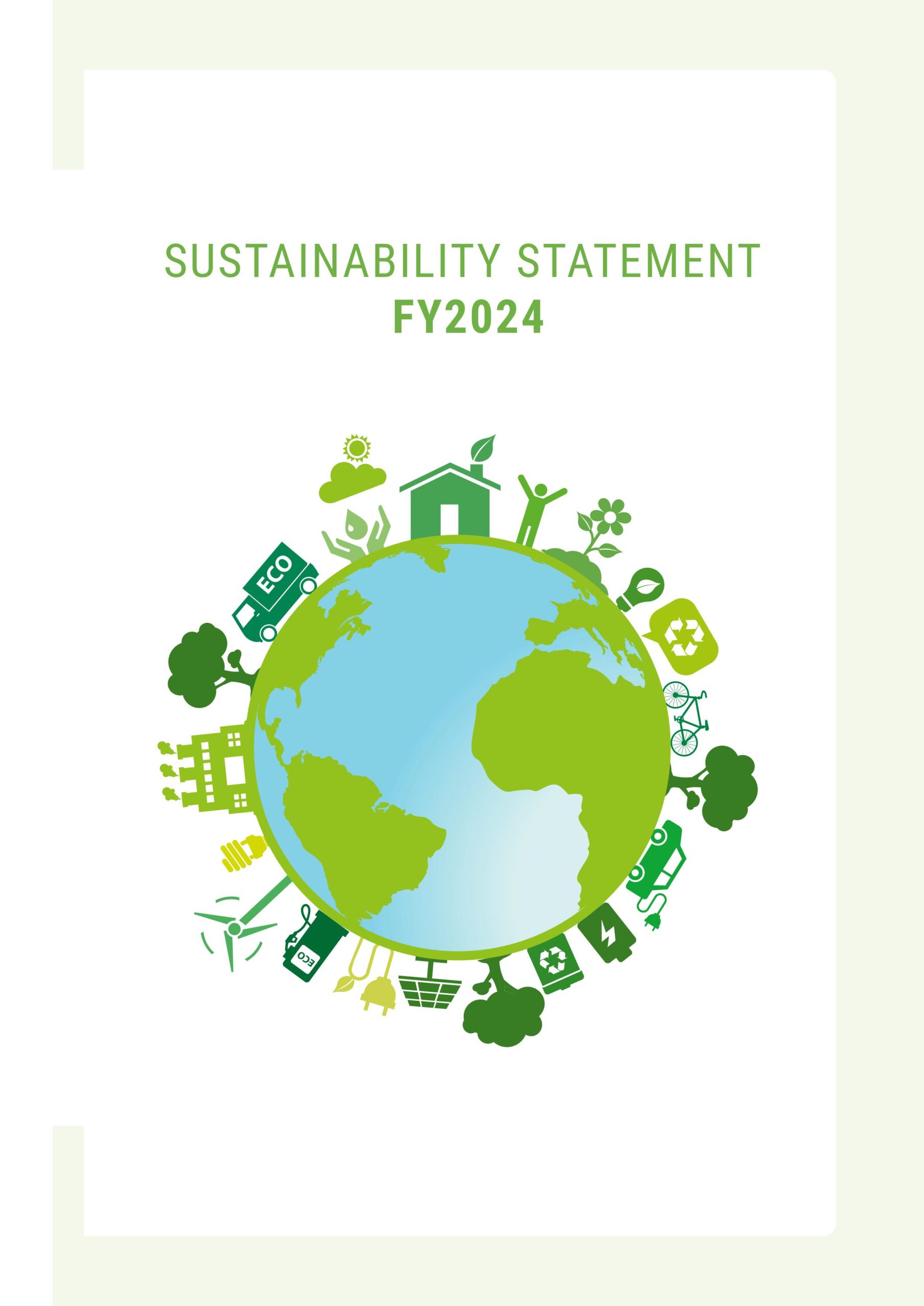
We support:



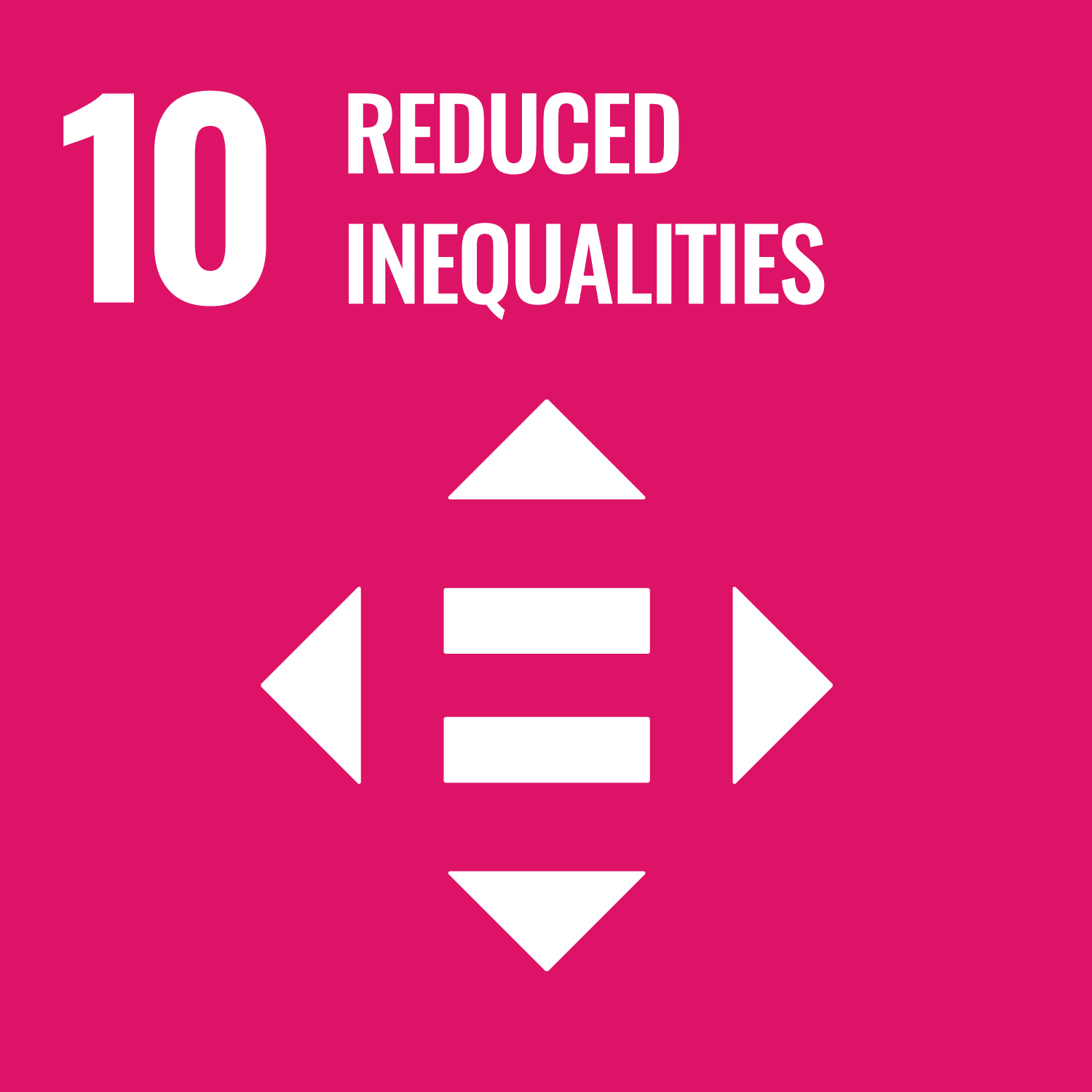
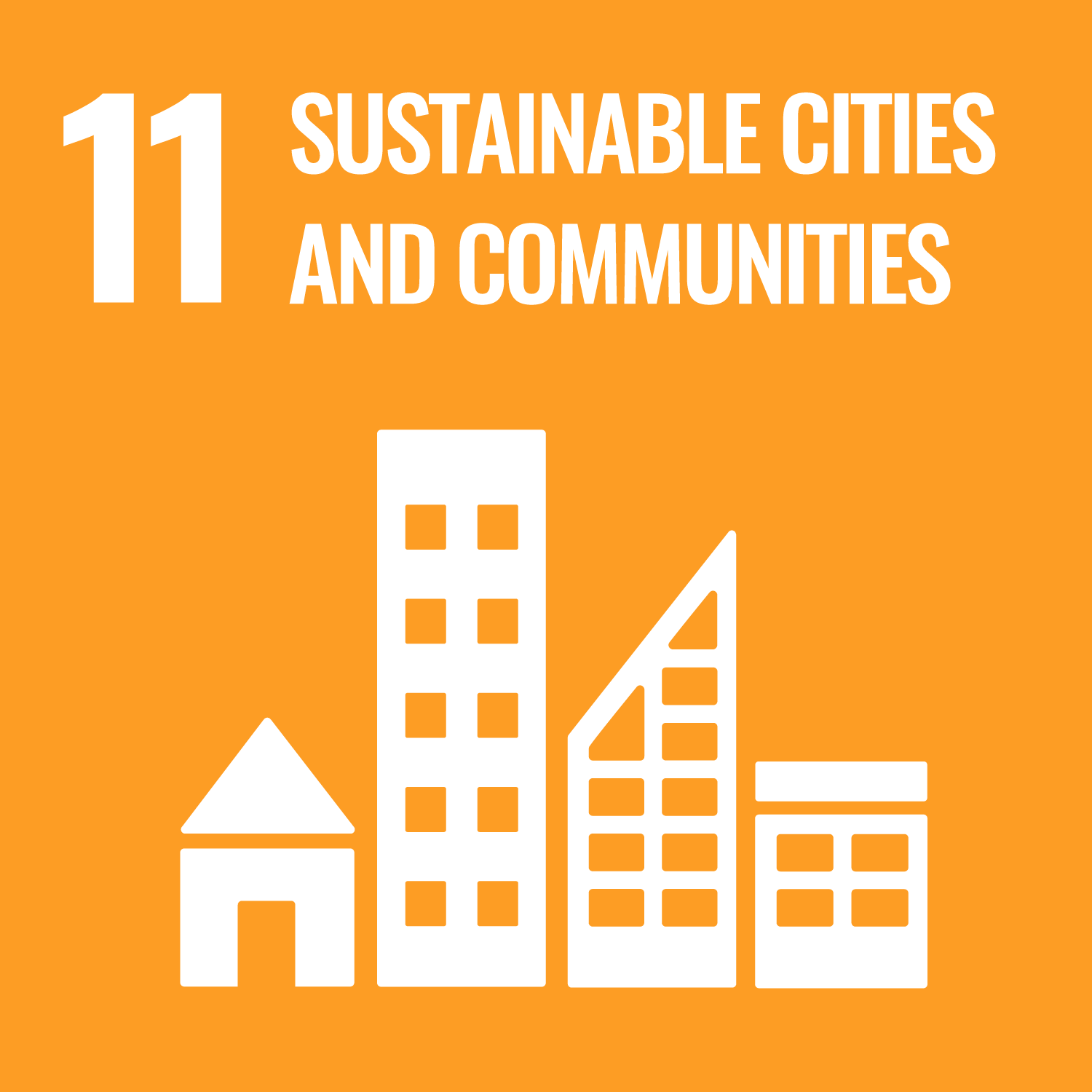

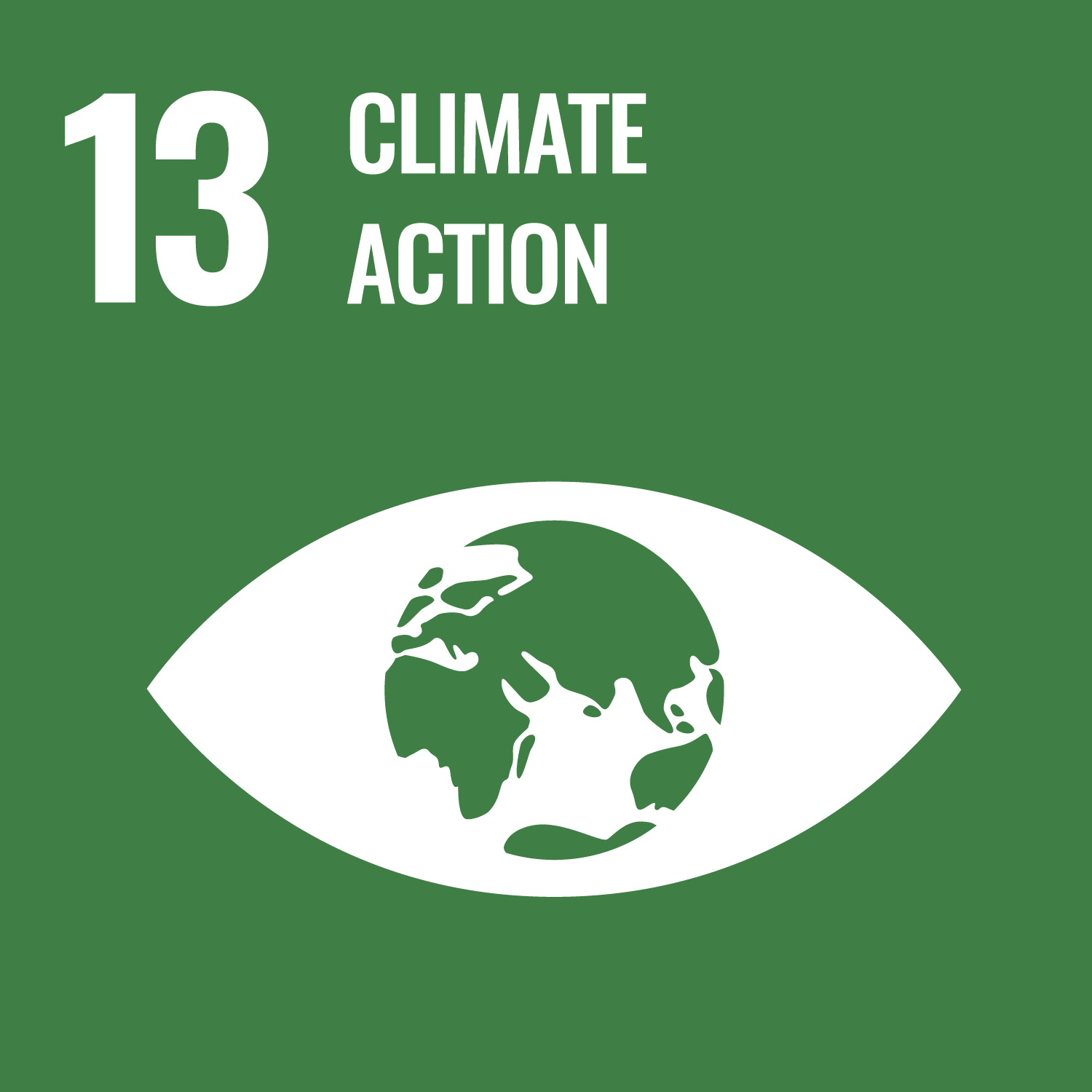
“100% of recycled industrial glass are used to replace silica sand which otherwise will be send to landfill. PGF Insulation recycles industrial glass waste to produce glass mineral wool”
Sustainability
Ecological Insulation Through Sustainable Production
Ecowool’s respect for the environment, fair trade and sustainability practices is held with utmost regards. In line with the United Nation Sustainable Development Goals (“UN SDGs”) by 2030; Ecowool is committed to 6 SDGs that are incorporated into our Sustainability Framework.
The energy savings offered by Ecowool throughout it’s estimated product lifetime of 70 years is so significant that they easily outweigh the energy needed for their production, transportation and installation.
Economic:
UN SGDs -9 Industry, Innovation And Infrastructure;
UN SGDs -12 Responsible Consumption And Production
Environmental:
UN SGDs -11 Sustainable Cities And Communities;
UN SGDs -13 Climate Action
Social:
UN SGDs -3 Good Health And Well-Being;
UN SGDs -10 Reduced Inequalities
High-end Materials
PGF Insulation offers a high end glass mineral wool insulation material which earns an excellent rating in its overall performance assessment. Therefore, the unique combination of physical characteristics, which provide safety, durability, sustainability and long term economic benefits, making PGF Insulation glass mineral wool the preferred insulating material for the construction industry.
Recycled Contents
Recycled glasses are all that is required to produce PGF Insulation glass mineral wool insulation. At PGF Insulation, more than 80% of recycled glasses are used to replace silica sand which otherwise will be sent to landfill. The recycled industrial glass melted at 1,450 °C to form a lava like molten glass. The molten glass produced is converted into fibres by rotary process that combines a centrifugal drawing of the glass through a rotating device drilled with thousands of tiny holes and attenuated by high temperature gas jet streams.
Conserve Energy
PGF Insulation produces high end superior quality insulation material for the construction industry. The insulation is manufactured primarily from more than 80% of recycled glasses to replace silica sand in our manufacturing process. Consumption of energy and other materials is minimised in our manufacturing process. In fact, the energy and CO² saved by glass mineral wool can be hundreds of times that used in manufacture of the product. With the recycling of glass and conservation of energy, PGF Insulation makes an important ecological contribution.
Ecological Insulation
Sustaining Necessary Precondition
for the Well-being of Humans and Other Organisms

Used for more than 70 years, glass mineral wool products have proven themselves as popular, ecological and safe to use insulation materials. They are probably the most well-documented and tested building materials in the world. We continually strive to improve our manufacturing efficiency, reduce energy consumption, eliminate waste and minimize our impact on the environment. Our plant recycle all water used in the manufacturing process.
PGF Insulation not only saves the building occupants from unpleasant condition such as high heating costs or insulation losses resulting from moisture ingress, it also protects the environment in several other respects. On the one hand it enables significant energy savings, on the other PGF insulation is ecologically irreproachable and neutral in-terms of building physics. When the constructed buildings are demolished or dismantled, the glass mineral wool insulation can be recycled.
The raw materials used for manufacturing PGF Insulation products are exclusively mineral and consequently quite safe. The main raw material consists of recycled industrial glass and the proportion of recycled glass is currently approximately more than 80%.
Thanks to their resilient properties, glass mineral wool products can be compressed by a factor of up to ten at the time of packaging and palletizing. This means that more insulation can be shipped in each truck, reducing the energy required for transportation.
Over its installed life (usually 50 years), a typical PGF glass mineral wool insulation product saves more than 100 times the energy consumed and the CO² emitted in its manufacture, transport and disposal. The CO² and energy balance switches to positive only a few months after installation. Most of our products can easily be removed and reinstalled, saving costs, energy and resources in building renovations or expansions.
PGF glass mineral wool insulation products uses no CFCs, HCFCs and any other materials ozone depleting product (ODP) in its manufacture and content and poses no known threat to the environment.




